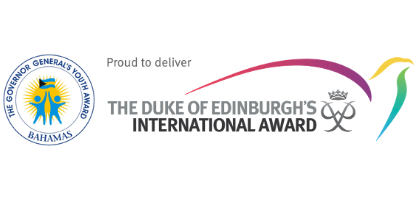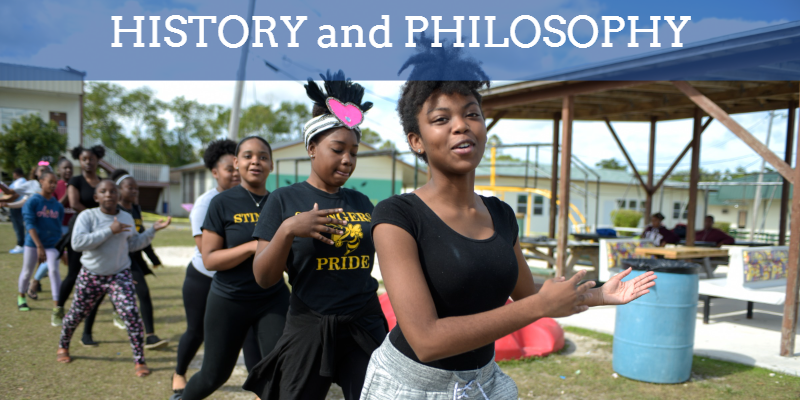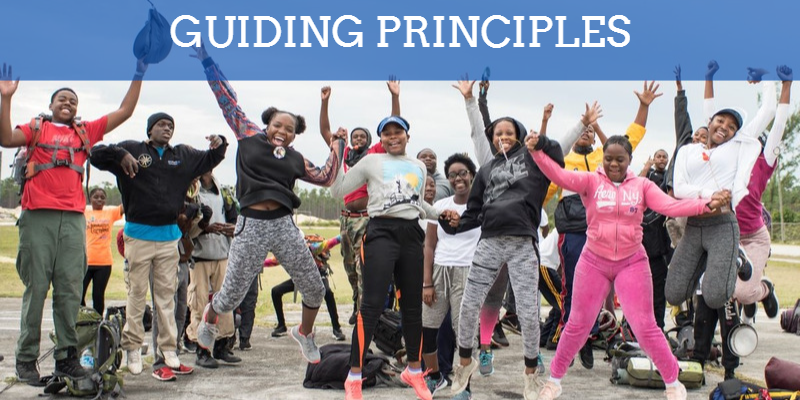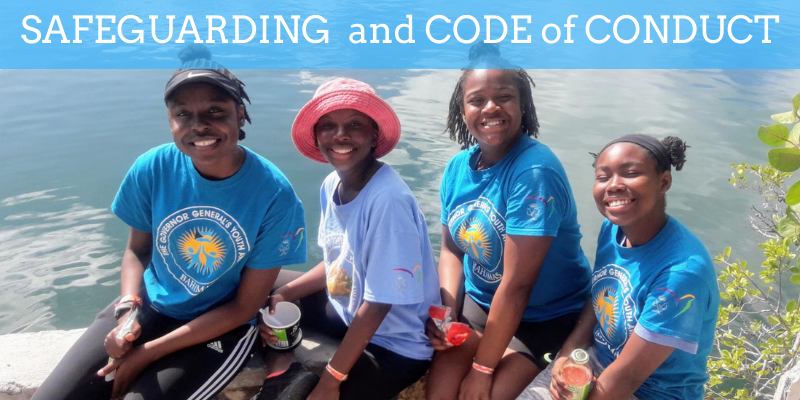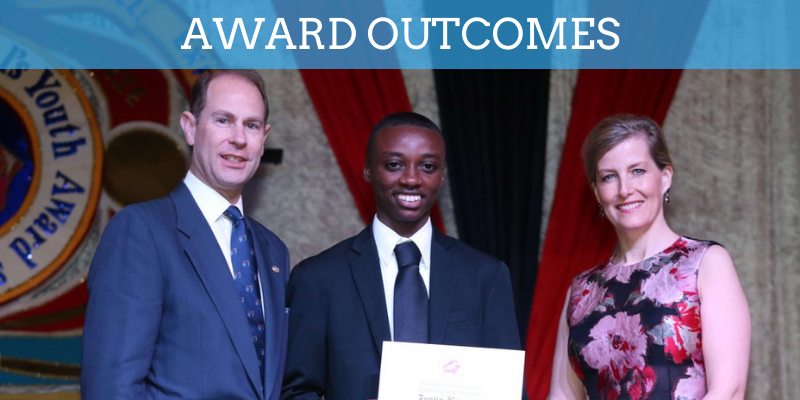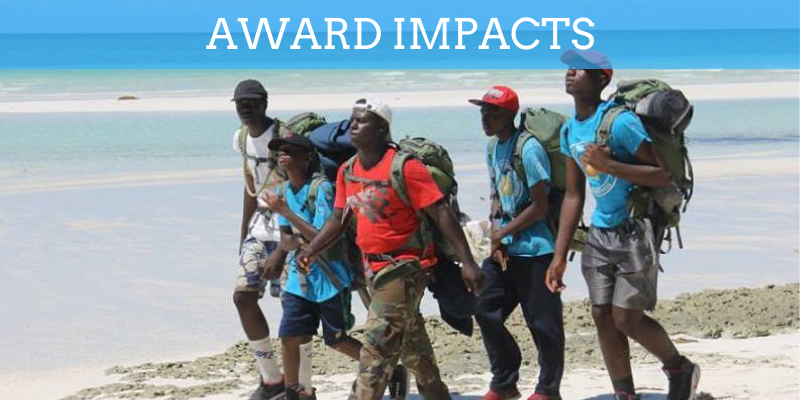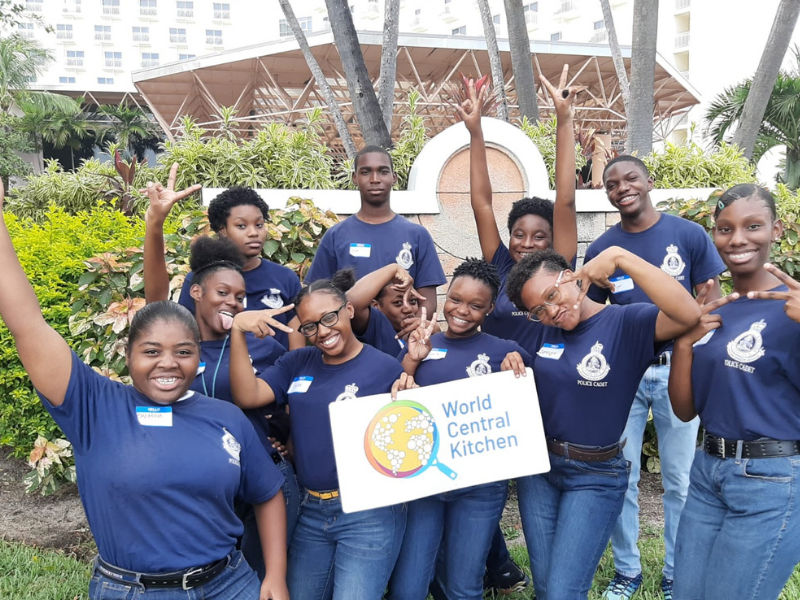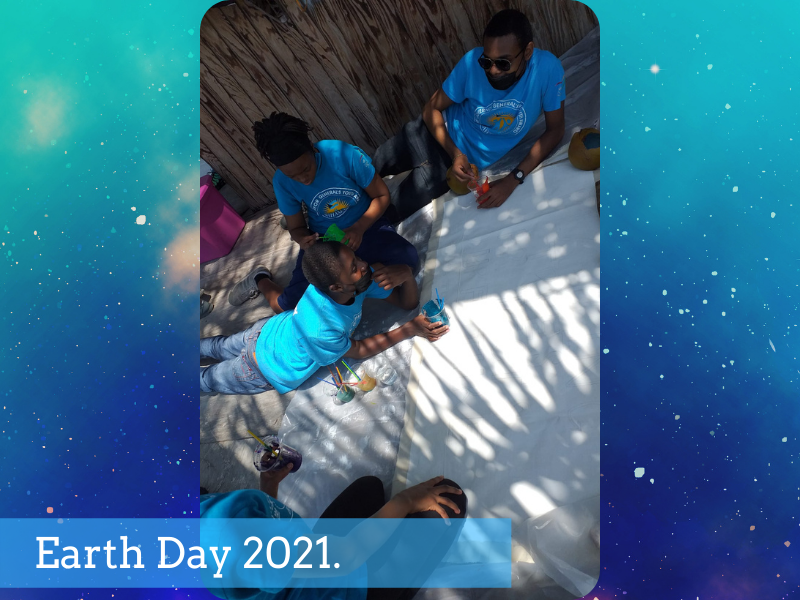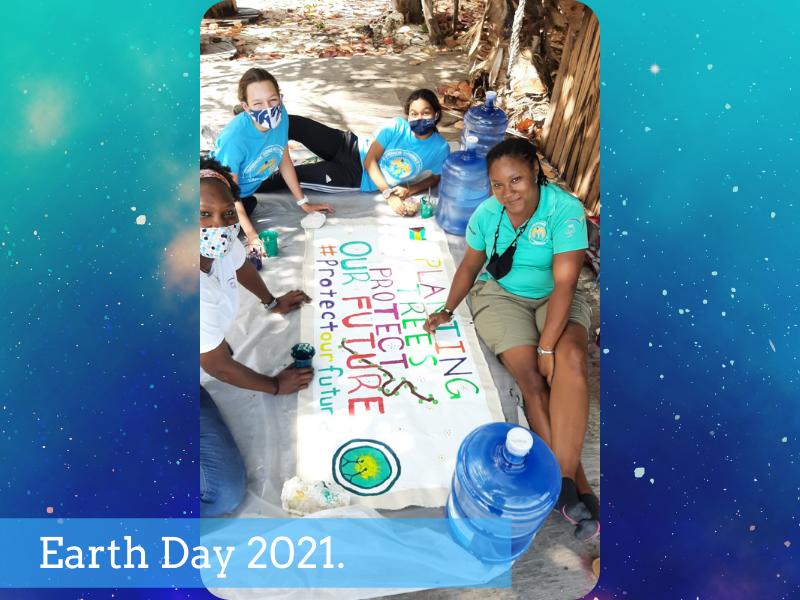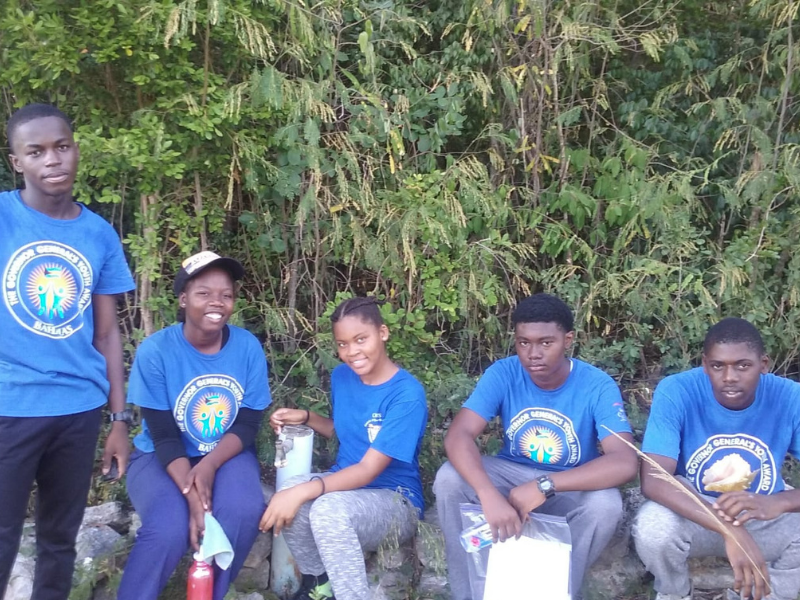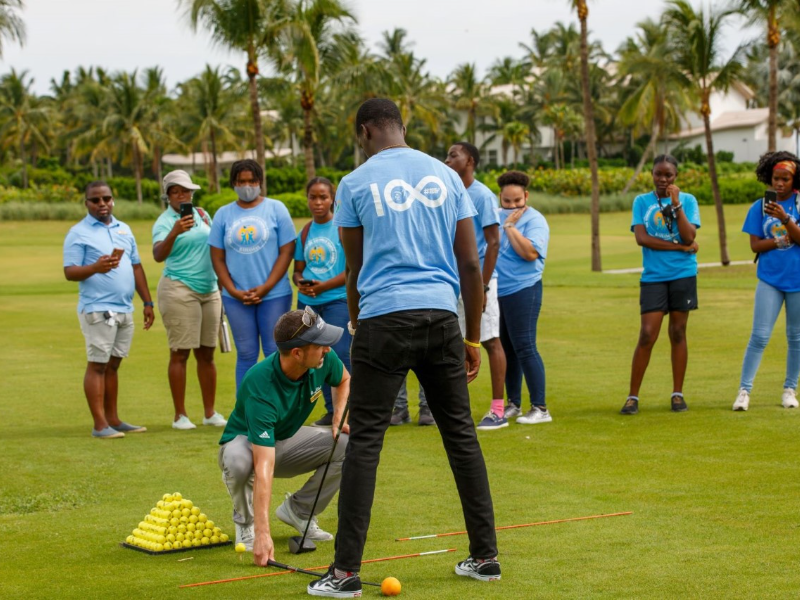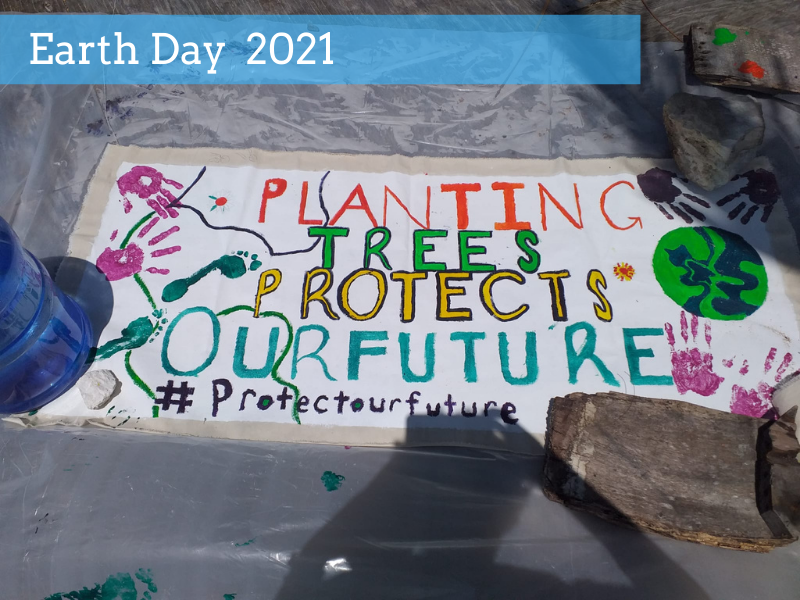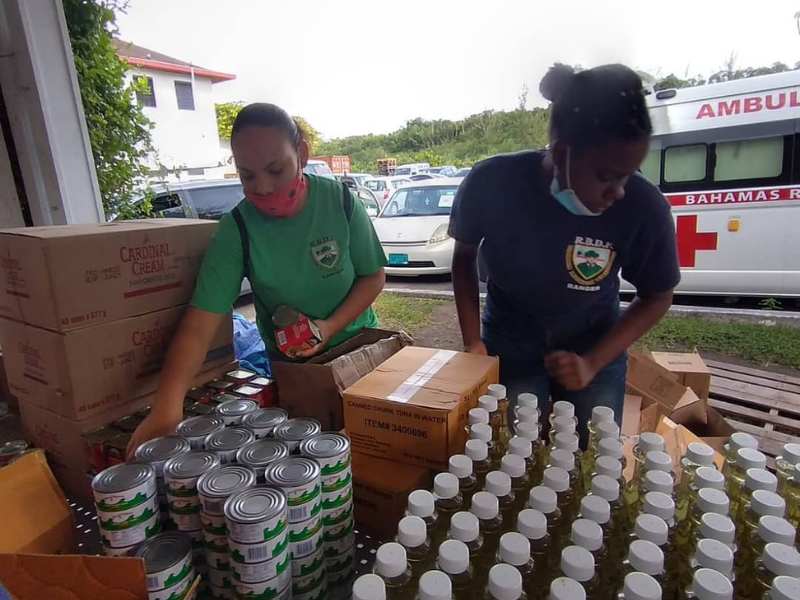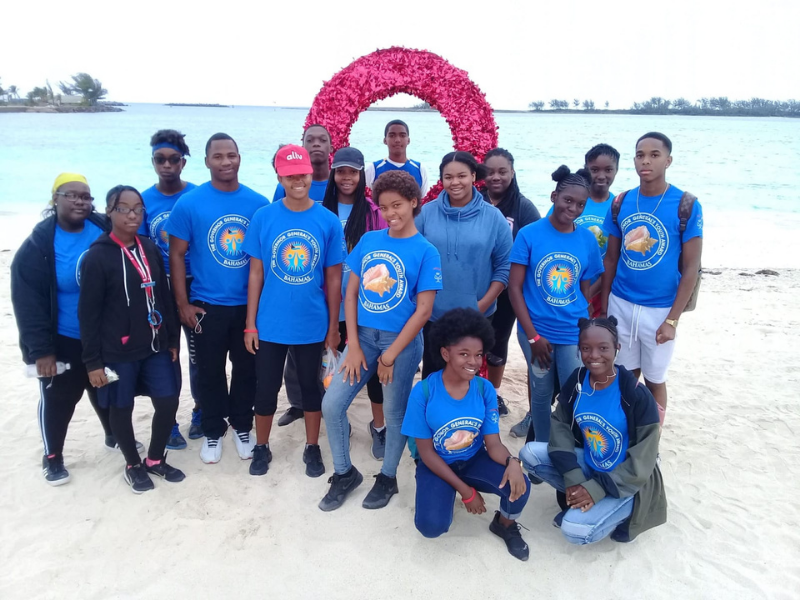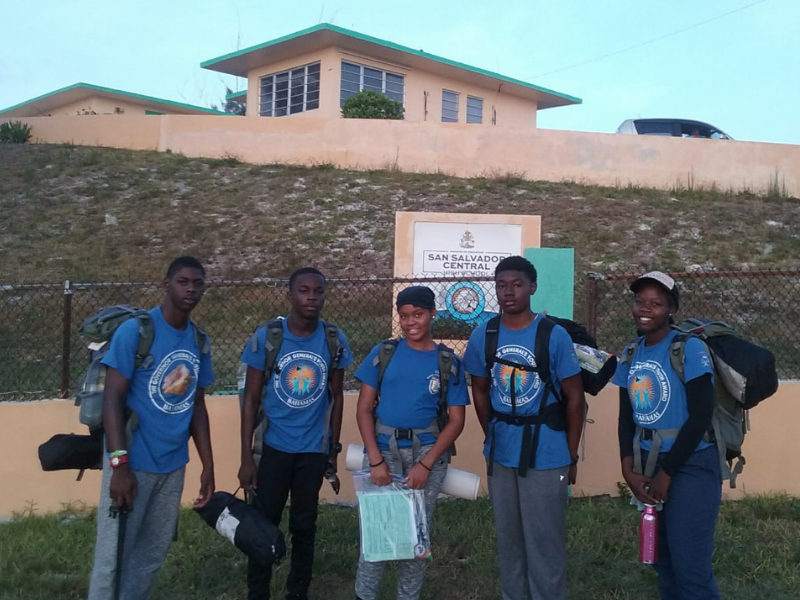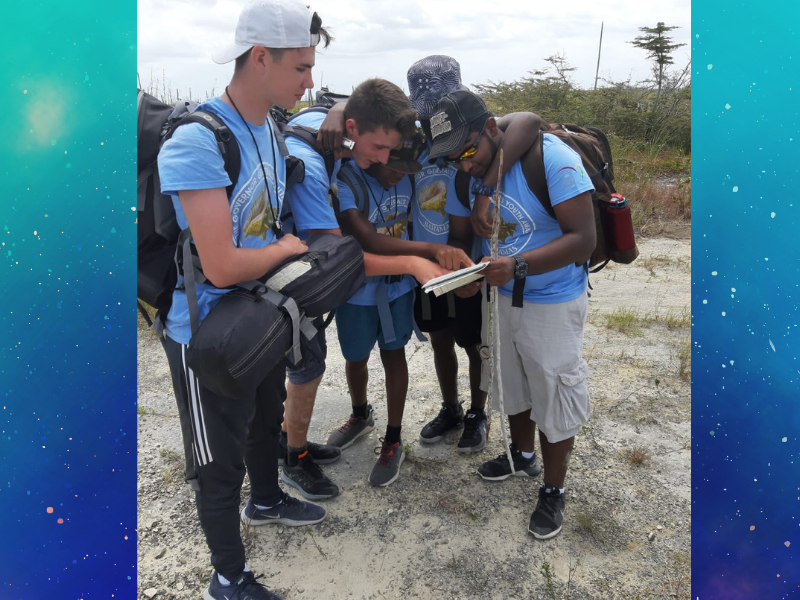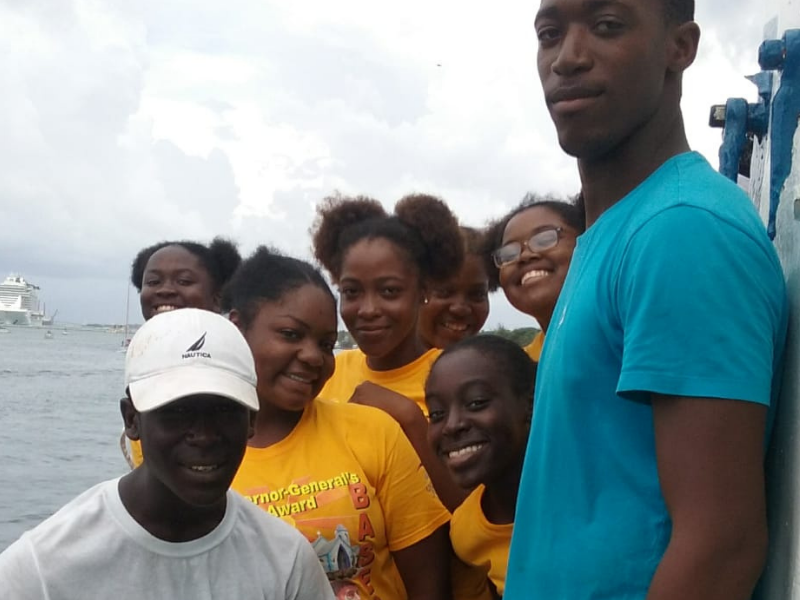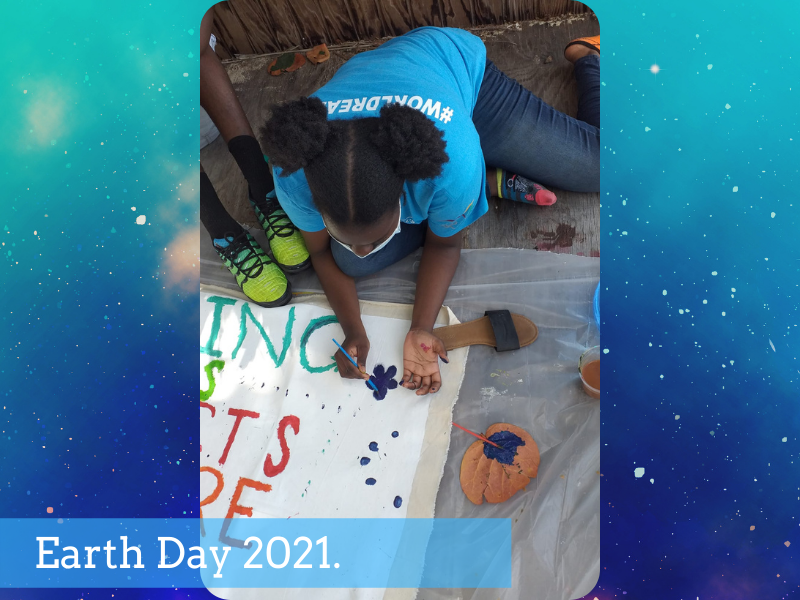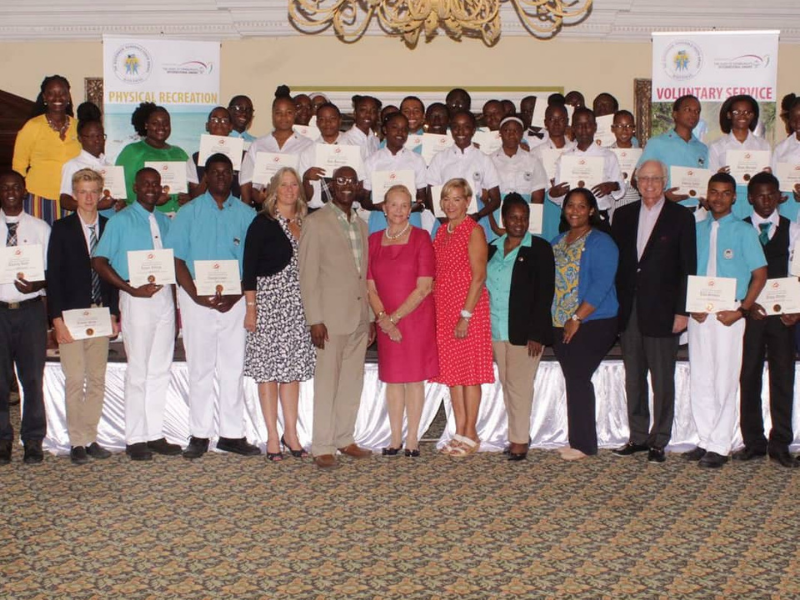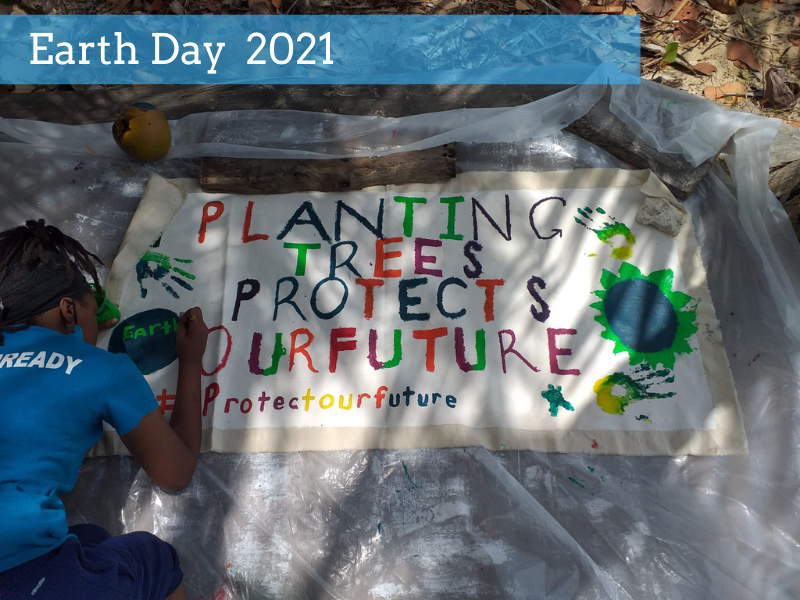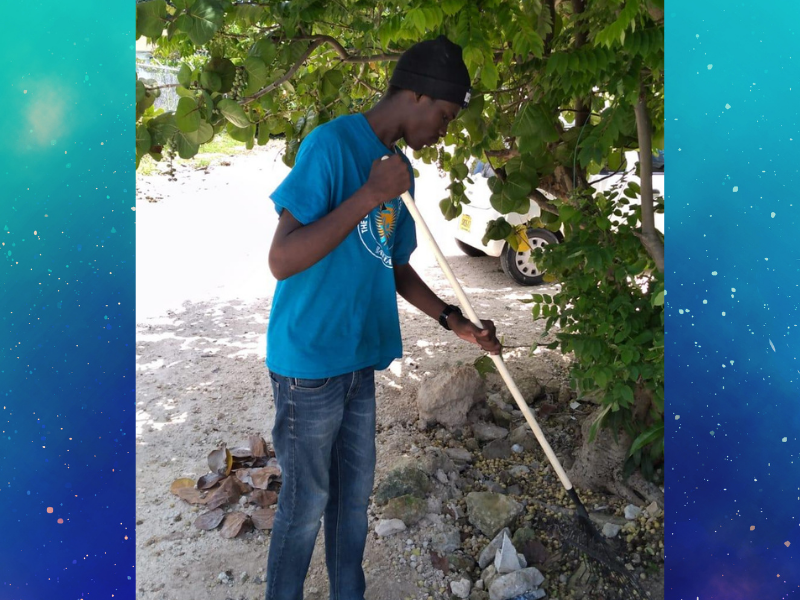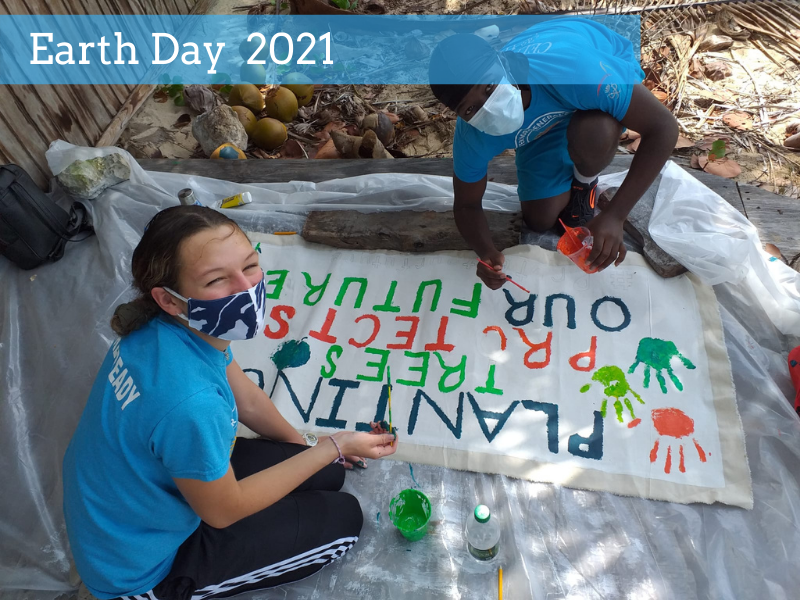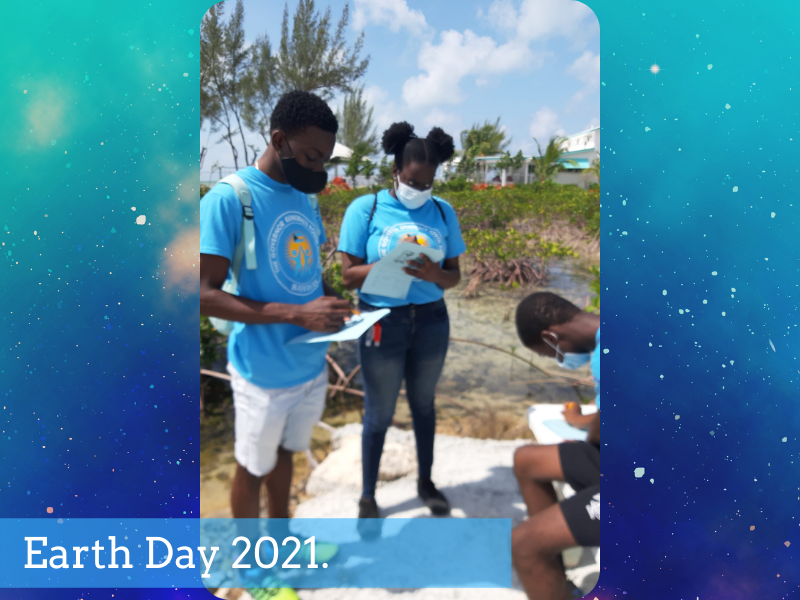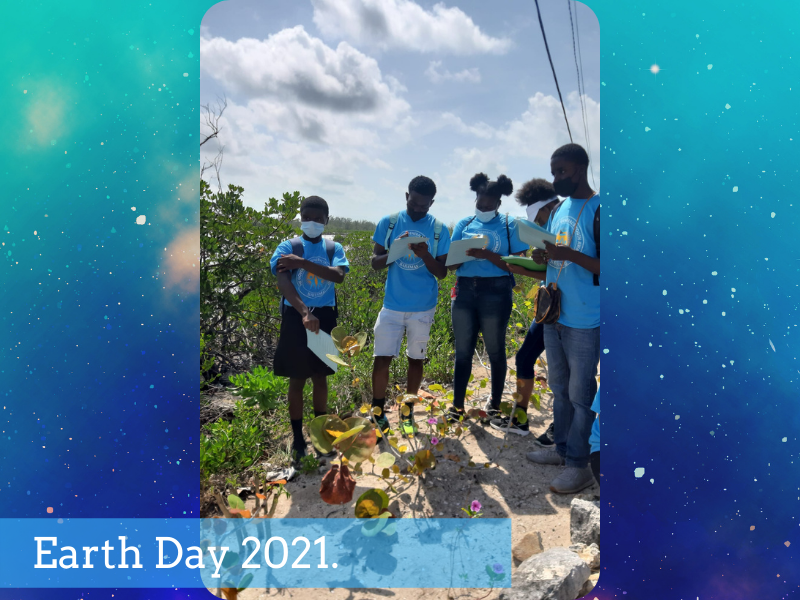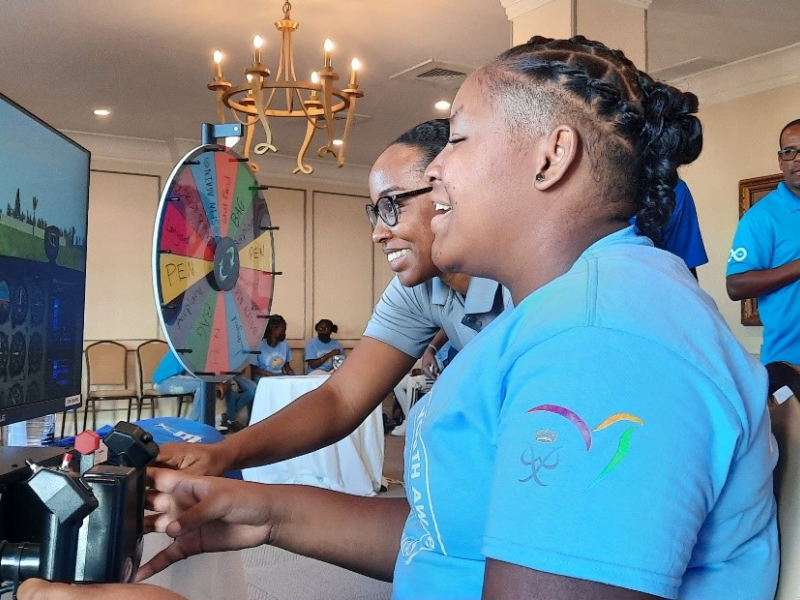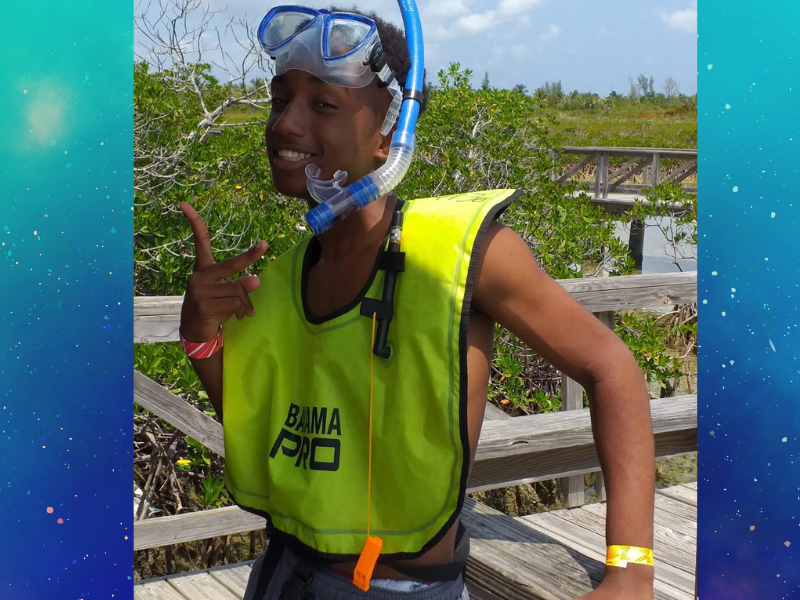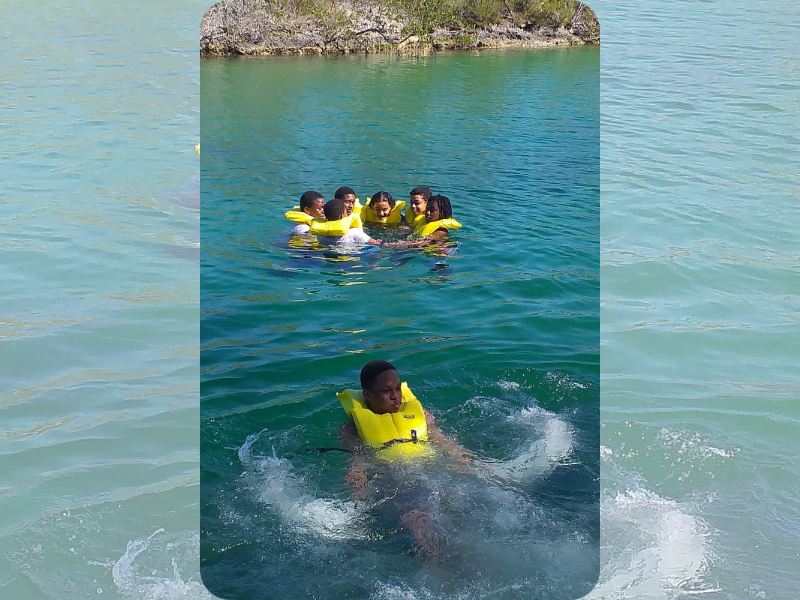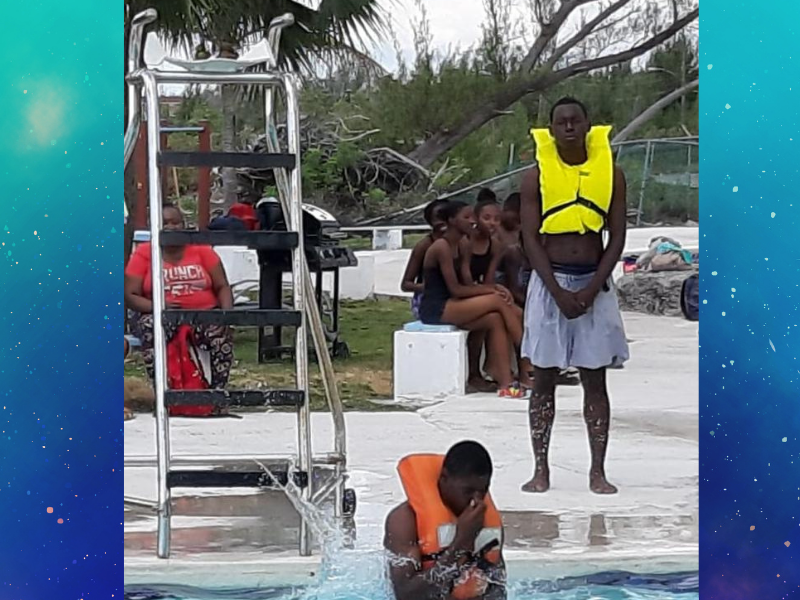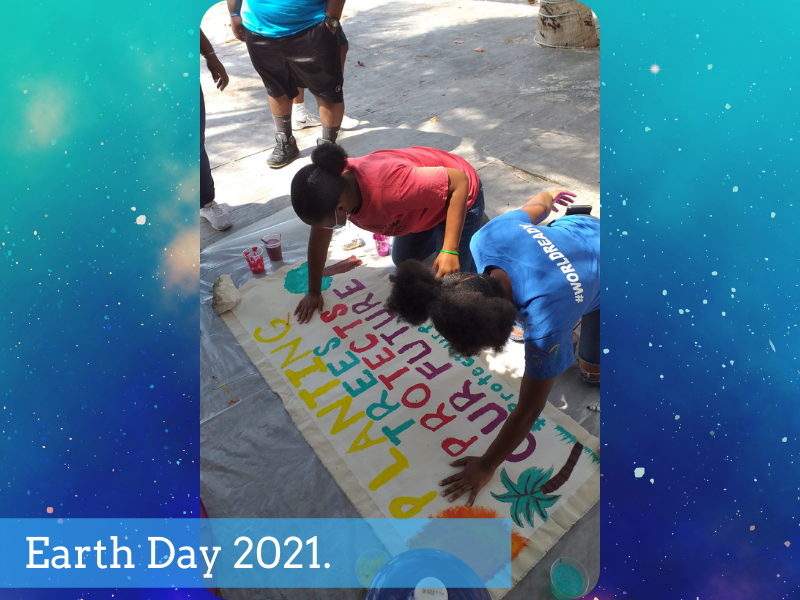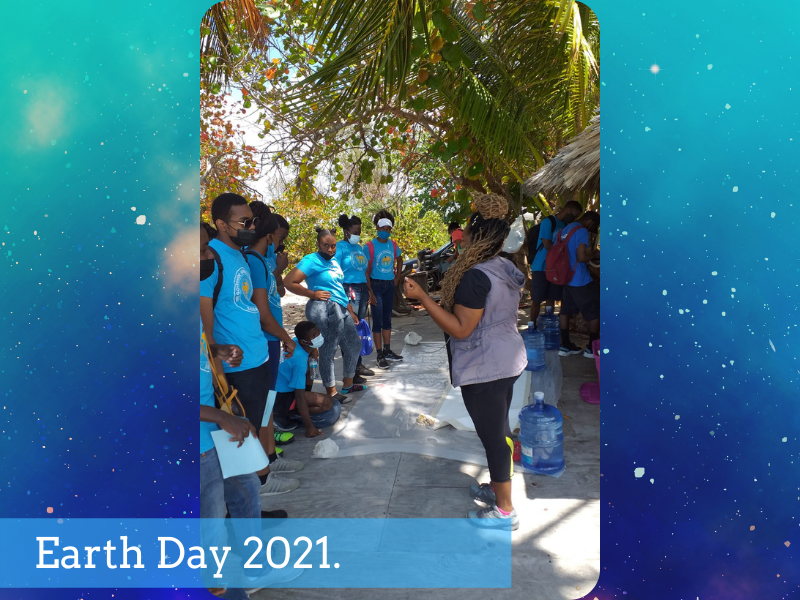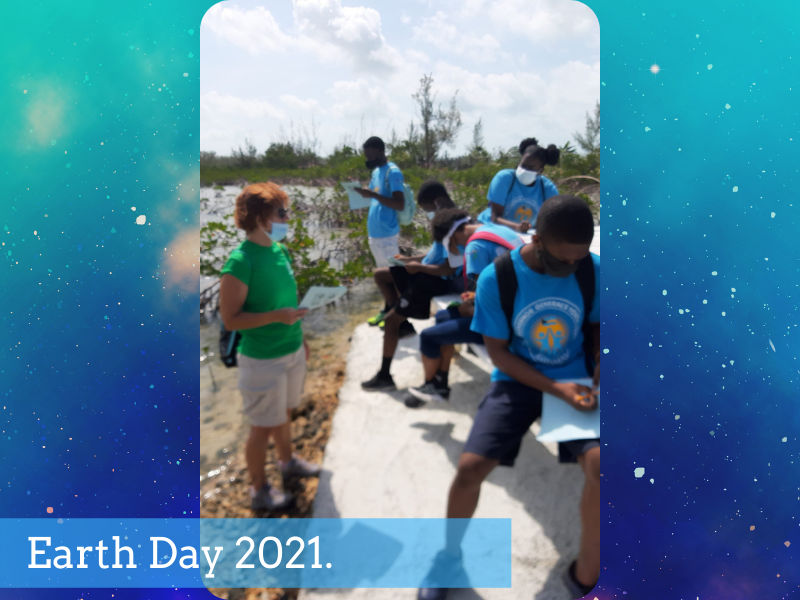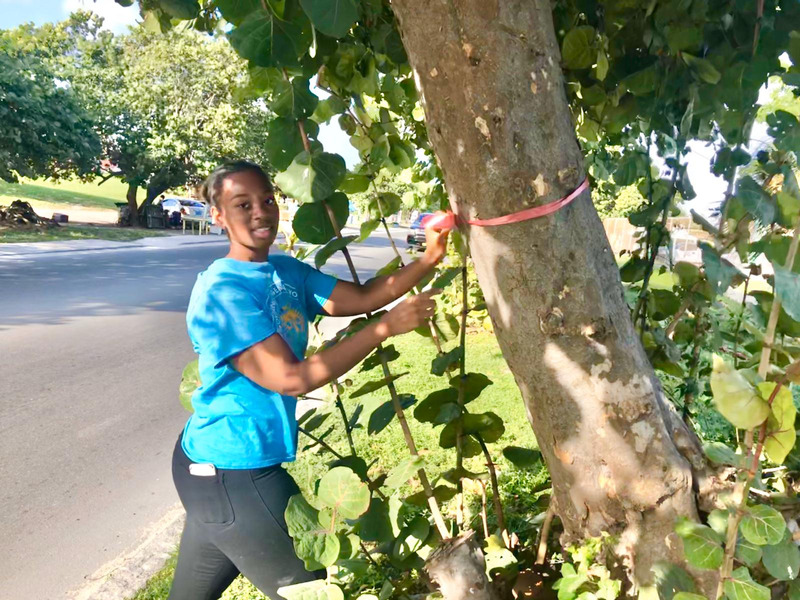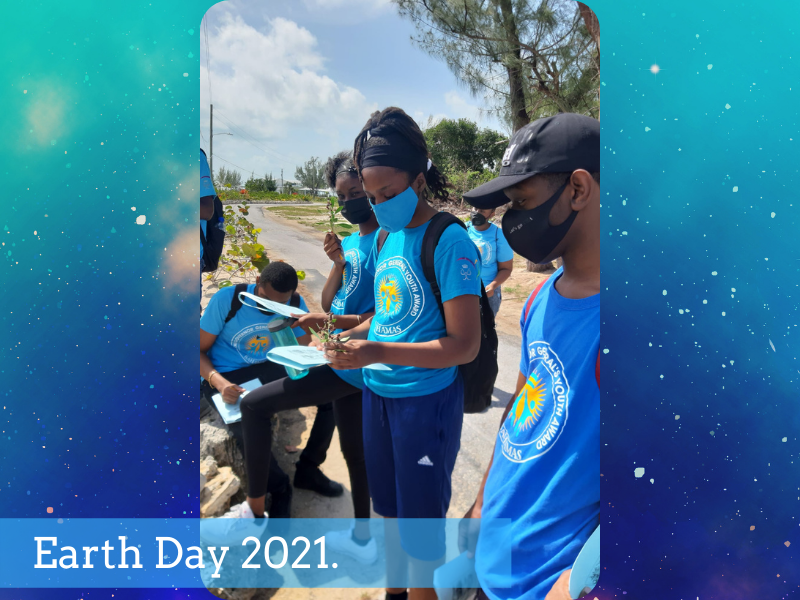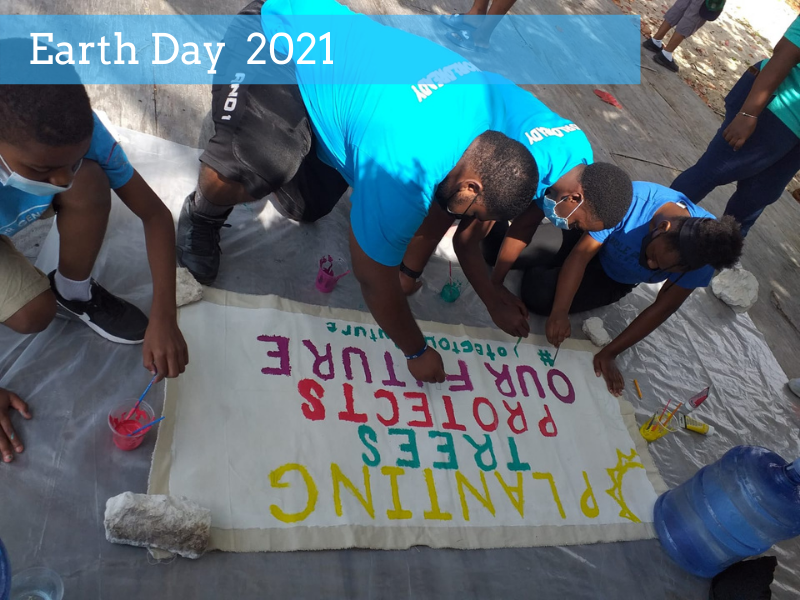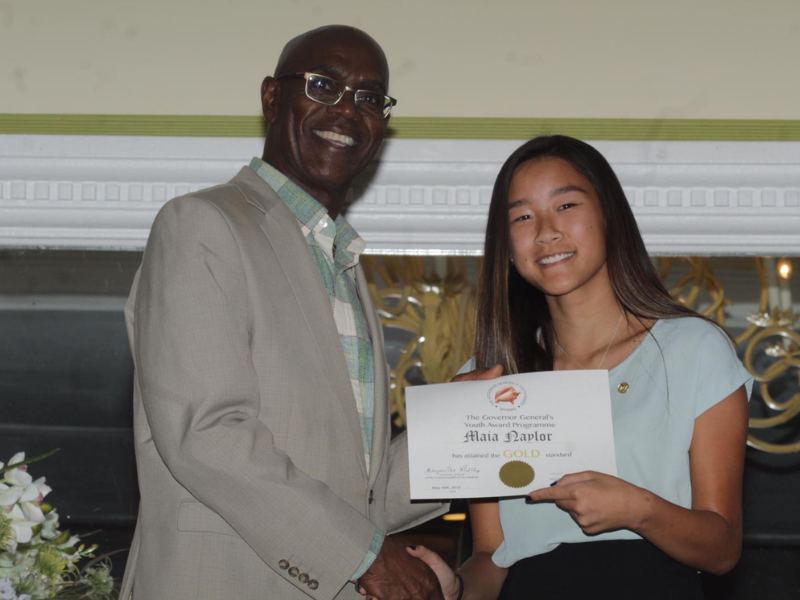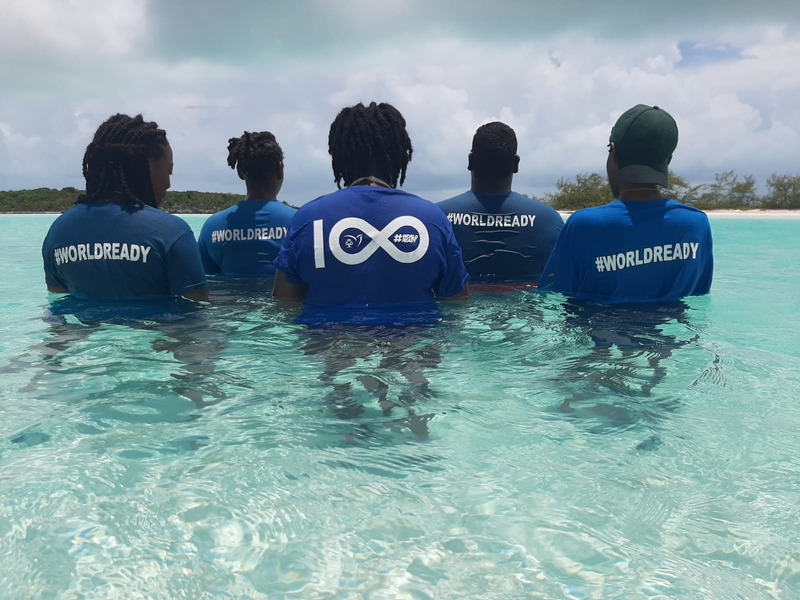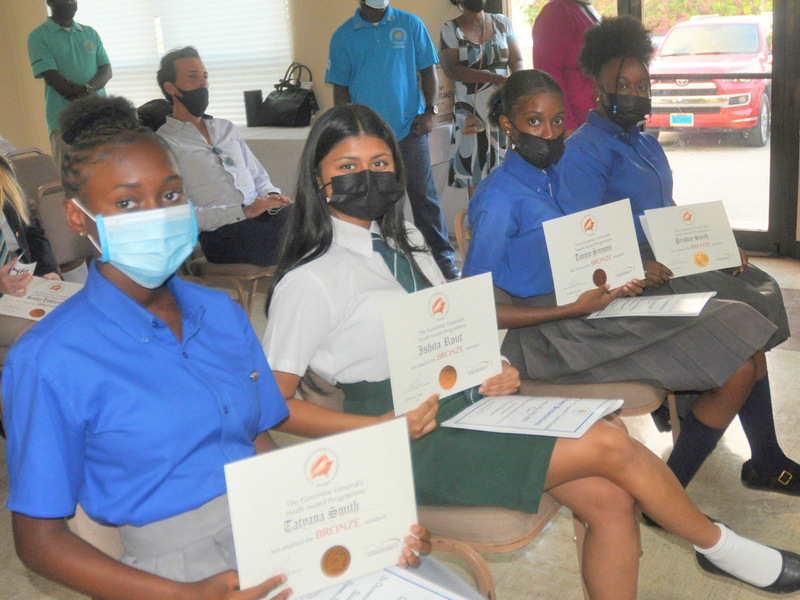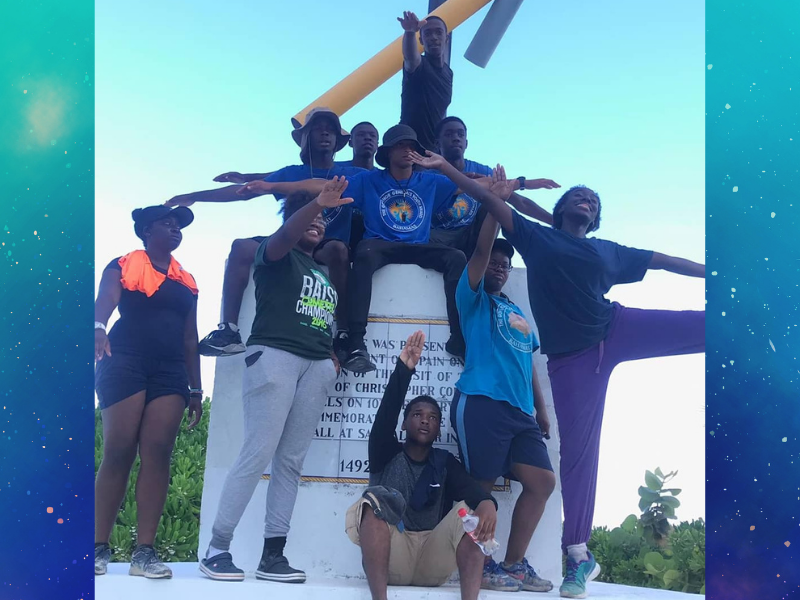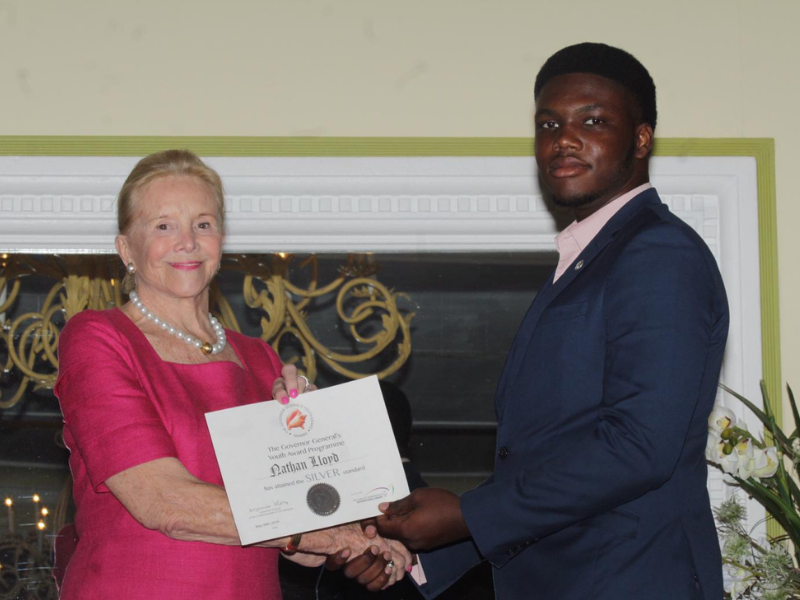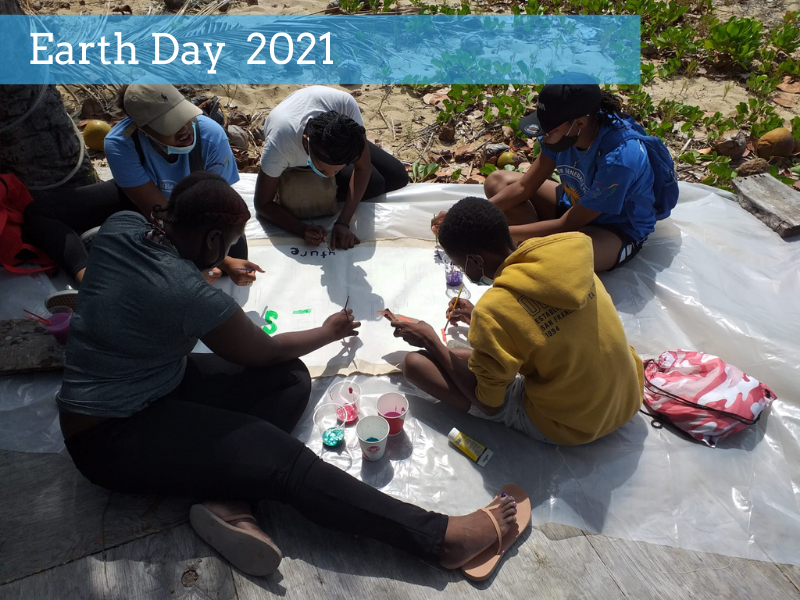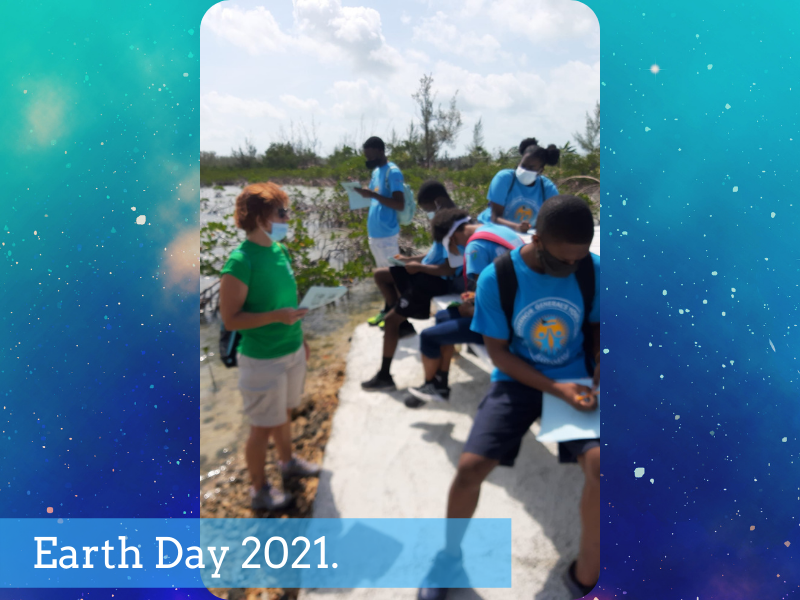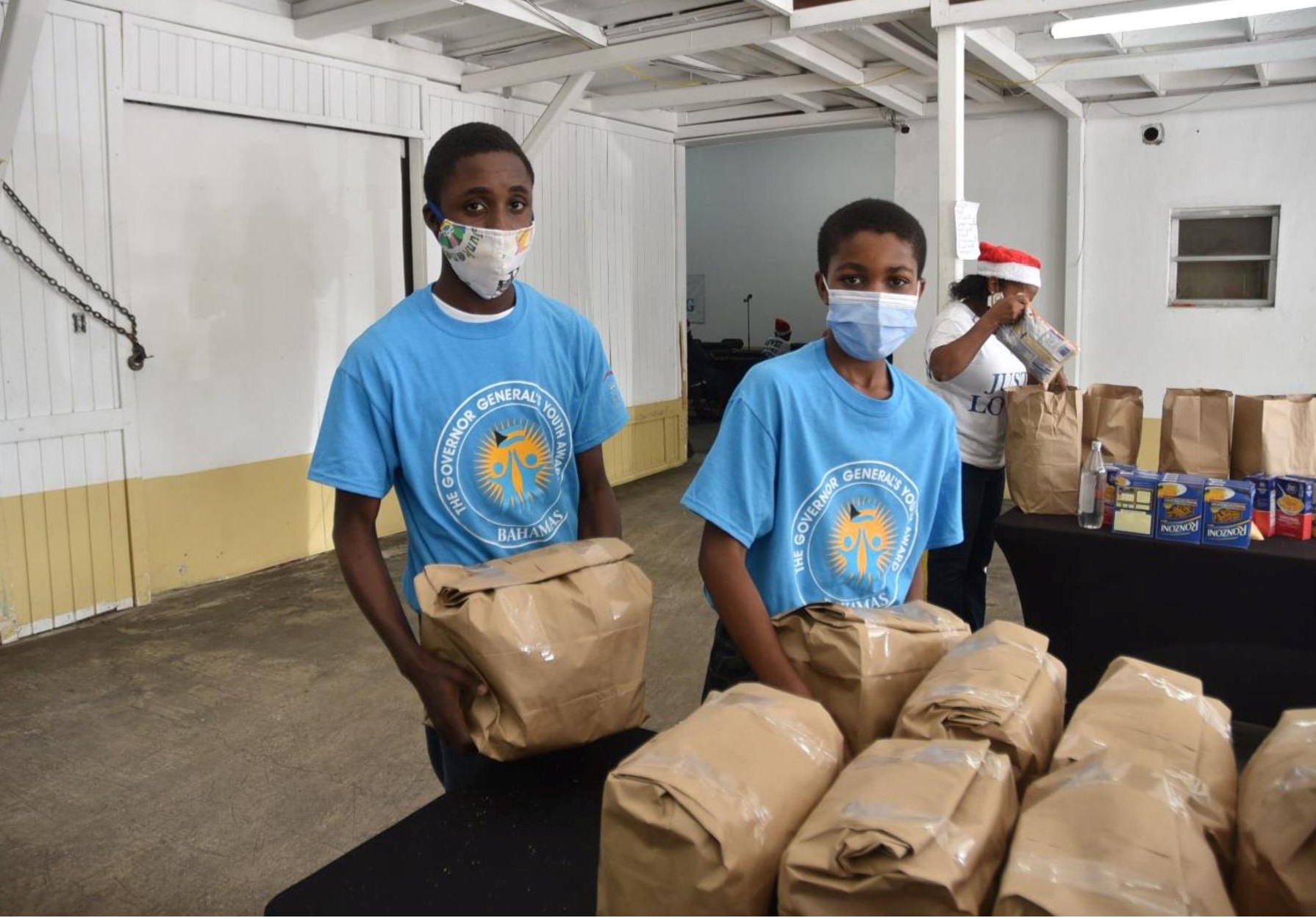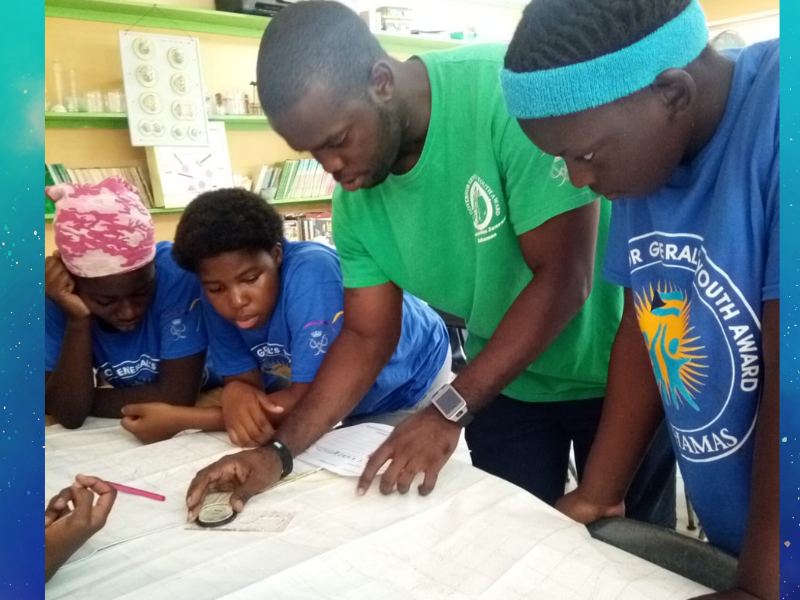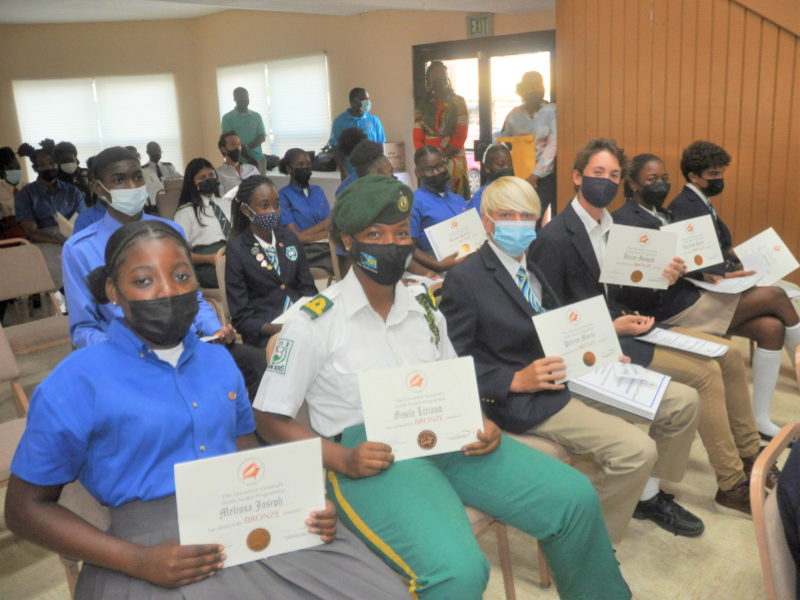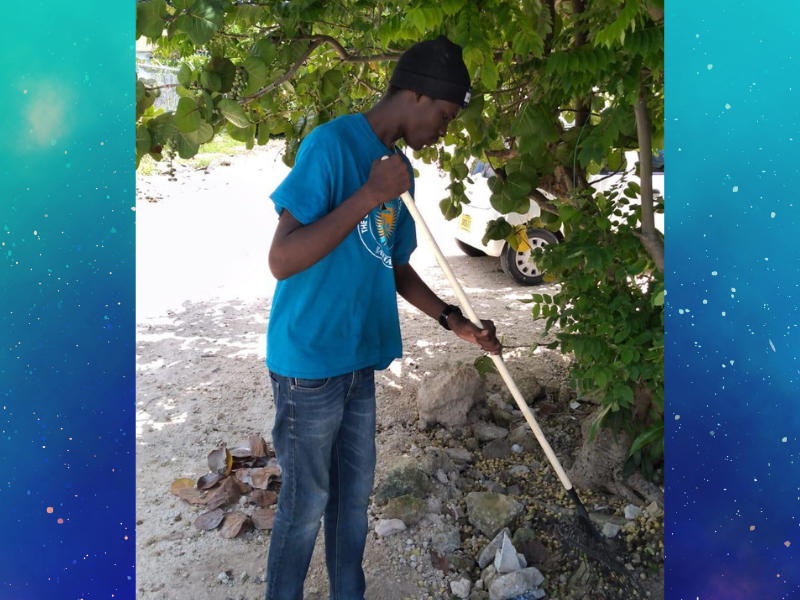“”Being a part of this program I have made friends and memories that will last a lifetime. I also learned from this program that no matter how long or hard the journey may become, never give up”.
“”Being a part of this program I have made friends and memories that will last a lifetime. I also learned from this program that no matter how long or hard the journey may become, never give up”.
~ Devonique Johnson, C.C. Sweeting Sr. High School
~ Devonique Johnson, C.C. Sweeting Sr. High School
The original inspiration for the Award came
from Dr Kurt Hahn, who also thought up
Outward Bound, United World Colleges and Round Square. Kurt Hahn had been a Rhodes Scholar and Private Secretary to the last Imperial German Chancellor before becoming a schoolmaster. He founded a boarding school at Salem in Germany and then, having fled Germany in the early 1930s, founded a school named Gordonstoun in Scotland. The Duke of Edinburgh was one of the first pupils at the school.
There are ten guiding principles that underpin the philosophy of the Award. They are designed to ensure that a young person has a meaningful and purposeful journey through their Award, as well as ensuring that the impact of achieving their Award provides a lasting personal legacy.
The Award’s guiding principles are as follows:
Guiding Principles
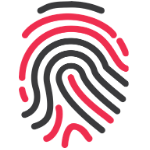
1. Individual – Individuals design their own prgramme, which can be tailored to suit their personal circumanstances, choices and local provision. They start at whichever level suits them best and they can take as long as they wish (within the age limit) to achieve the Award.

2. Non-competitive – Doing their Award is a personal challenge and not a competition against others. Every participant’s programme is tailor-made to reflect their individual starting point, abilities and interests.
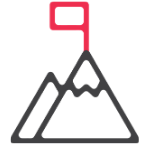
3. Achievable – An Award is achievable by any individual who chooses to take up the challenge, regardless of ability, gender, background or location, with the right guidance and inspiration.
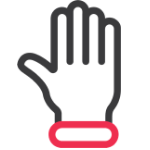
4. Voluntary – Whilst the Award may be offered within school, college, work time, custody or extra-curricula activity, individuals choose to do a programme and must commit a substantial amount of their free time to undertake their activities.

5. Developmental – Participating in their Award programme fosters personal and social development. Individuals gain valuable experiences and life skills, grow in confidence and become more aware of their environment and community, transforming them into responsible young adults.

6. Balanced – The Award provides a balanced framework to develop the individual’s mind, body and community spirit by engaging them in four activities at Bronze and Silver levels, and five activities at Gold level.

7. Progressive – At each level, the Award demands progressively more time, commitment and responsibility from the participant.

8. Inspirational – The Award inspires individuals to exceed their expectations. They are encouraged to set their own challenges and goals before starting an activity, aim for these goals and by showing improvement, will move towards achieving an Award.

9. Persistence – The Award requires persistence and cannot be completed with a short burst of enthusiasm. Participants are encouraged to continue with activities and to maintain their interest beyond their programme requirements.

10. Enjoyable – Participants and Leaders should find the Award enjoyable, fufilling and rewarding.
GUIDING PRINCIPLES
1. Individual

Individuals design their own prgramme, which can be tailored to suit their personal circumanstances, choices and local provision. They start at whichever level suits them best and they can take as long as they wish (within the age limit) to achieve the Award.
2. Non-competitive

Doing their Award is a personal challenge and not a competition against others. Every participant’s programme is tailor-made to reflect their individual starting point, abilities and interests.
3. Achievable
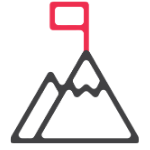
An Award is achievable by any individual who chooses to take up the challenge, regardless of ability, gender, background or location, with the right guidance and inspiration.
4. Voluntary
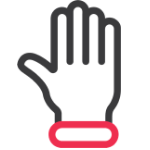
Whilst the Award may be offered within school, college, work time, custody or extra-curricula activity, individuals choose to do a programme and must commit a substantial amount of their free time to undertake their activities.
5. Developmental

Participating in their Award programme fosters personal and social development. Individuals gain valuable experiences and life skills, grow in confidence and become more aware of their environment and community, transforming them into responsible young adults.
6. Balanced
7. Progressive
 At each level, the Award demands progressively more time, commitment and responsibility from the participant.
At each level, the Award demands progressively more time, commitment and responsibility from the participant.
8. Inspirational
 The Award inspires individuals to exceed their expectations. They are encouraged to set their own challenges and goals before starting an activity, aim for these goals and by showing improvement, will move towards achieving an Award.
The Award inspires individuals to exceed their expectations. They are encouraged to set their own challenges and goals before starting an activity, aim for these goals and by showing improvement, will move towards achieving an Award.
9. Persistence
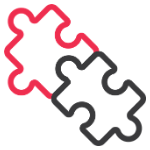 The Award requires persistence and cannot be completed with a short burst of enthusiasm. Participants are encouraged to continue with activities and to maintain their interest beyond their programme requirements.
The Award requires persistence and cannot be completed with a short burst of enthusiasm. Participants are encouraged to continue with activities and to maintain their interest beyond their programme requirements.
10. Enjoyable
 Participants and Leaders should find the Award enjoyable, fufilling and rewarding.
Participants and Leaders should find the Award enjoyable, fufilling and rewarding.
SAFEGUARDING & CODE OF CONDUCT
3.1 Introduction
The Duke of Edinburgh’s International Award
Operators have zero tolerance for harassment
or exploitation of Award participants, their
communities, Award operators, our partner
organisations, staff, or volunteers. We must
expect to be held to the highest possible
standards of safeguarding.
3.2 Safeguarding Policy
The Award is committed to:
• Ensuring the interests and well-being of children, young people and vulnerable adults
are taken into account, in all our considerations and activities, wherever in the world
those may be.
• Respecting the rights, wishes and feelings of the children, young people and
vulnerable adults with whom we, our licensees and associated organisations work.
• Taking all reasonable practicable steps to protect children, young people and
vulnerable adults from neglect, physical, sexual and emotional abuse and to promote
their health, wellbeing and human rights.
• Promoting the welfare of children, young people and vulnerable adults and their
protection within a position of trust.
Award Leaders and other adults working with the Award are required to comply with their
own organisation’s child protection policy, as well as comply with whatever national laws
are in place.
It is also the case that Award Centres and IACs are licensed subject to a set of standards, one of which requires all staff and volunteers working with young people to be vetted for suitability (using the most appropriate local systems) and to sign a Code of Conduct agreement laying out their obligations.
It is the responsibility of each adult involved in the Award’s delivery to ensure that:
• Their behaviour is appropriate at all times.
• They observe the rules established by the Award and by their own organisation for the
safety and security of children, young people and vulnerable adults.
• They follow the procedures of their organisation following suspicion, disclosure or
allegation of any abuse, including those regarding the reporting of any suspicion,
disclosure or allegation.
• They recognise the position of trust in which they have been placed.
• In every respect, the relationships they form with the children, young people and
vulnerable adults under their care are appropriate.
Organisations that work with young people need to have appropriate policies and procedures in place to ensure, as a minimum, that they:
• Do not rely on just their good name for protection.
• Try to ensure at least one other person is present when working with young people or at
least be within sight or hearing of others.
• Aim to provide separate sleeping accommodation for Leaders and young people when staying somewhere overnight.
• Provide access for young people to talk to others about any concerns they may have.
• Encourage young people and adults to feel comfortable and caring enough to point out
attitudes or forms of behaviour they do not like.
3.3 Code of Conduct
3.3 Code of Conduct
In addition to insisting on appropriate vetting to national standards and compliance with
national guidelines for the protection of children, young people and vulnerable adults, the Foundation has published a Code of Conduct with regard to safeguarding that describes what it expects of individuals and the organisations to which they belong.
All volunteers, regardless of appointment or role, are expected to adhere to this Code of
Conduct and treat it as a description of a minimum standard of behaviour, recognising that further standards may be required by their own national legislation or policies set by their
National Award Operators or their own organisations.
All adults involved with the Award, as a minimum, must:
1. Keep to this Code of Conduct at all times.
2. Treat everyone with dignity and respect.
3. Set an example for others to follow.
4. Avoid favouritism.
5. Plan for Award activities to involve more
than one other person being present,
or at least within sight and hearing of
others. This is relevant in all sections of
an Award participant’s programme.
6. Follow any supervisory ratios stipulated
by their own organisations (and those
responsible for a specific Award activity).
7. Respect a person’s right to
personal privacy.
8. Avoid unacceptable situations within
a relationship of trust. For instance, a sexual relationship between an Award Leader or assessor and any Award participant, even one who is over the legal age of consent, would
be unacceptable.
9. Have separate sleeping accommodation
for young people and adults and adhere
to any further rules on this matter
stipulated by their own organisation
and/or the organisation responsible for
the Award activity.
10. Allow young people to talk about any
concerns they may have.
11. Encourage others to challenge attitudes
or behaviours they do not like.
12.Avoid being drawn into inappropriate
attention-seeking behaviour, e.g.
tantrums and crushes.
13. Make everyone (young people,
parents and carers, Award Leaders,
Adventurous Journey Supervisors,
and Award Assessors) aware of their
own organisation’s safeguarding
arrangements.
14. Remember this Code of Conduct at
sensitive moments, e.g. when helping
someone who has been bullied,
bereaved or abused.
15. Tell other adults where they are and what
they are doing.
16. Remember someone else might
misinterpret actions, even if they are
carried out with good intention.
17. Take any allegations or concerns of
abuse seriously and immediately follow
the reporting processes in use within
their organisation and, where relevant,
the organisation responsible for the
Award activity.
18. Never trivialise abuse.
19. Never form a relationship with a young
person or vulnerable adult that is an
abuse of their position of power or
influence over the other.
20. Never allow abusive activities, e.g. initiation
ceremonies or bullying.
21. Never take part in inappropriate
behaviour or contact, whether physical,
verbal or sexual.
22. Never take part in physical contact
games with children, young people or
vulnerable adults.
23. Never make suggestive remarks or
threats to a child, young person or
vulnerable adult, even in fun.
24. Never use inappropriate language
when writing, phoning, emailing or
using the internet.
25. Never let allegations, suspicions, or
concerns about abuse go unreported.
26. Remember this Code of Conduct
when online or using digital methods
of communication.
27. Never rely just on their good name, the
name of their organisation or the name
of the Award to protect them.
All organisations that work with Award
participants should have appropriate policies
and procedures in place to ensure, as a
minimum, that they allow adults to comply with
this Code of Conduct. Some National Award
Operators will use their own Code of Conduct
that is worded differently from this one.
SAFEGUARDING & CODE OF CONDUCT
3.1 Introduction
The Duke of Edinburgh’s International Award
Operators have zero tolerance for harassment
or exploitation of Award participants, their
communities, Award operators, our partner
organisations, staff, or volunteers. We must
expect to be held to the highest possible
standards of safeguarding.
3.2 Safeguarding Policy
The Award is committed to:
• Ensuring the interests and well-being of children, young people and vulnerable adults
are taken into account, in all our considerations and activities, wherever in the world
those may be.
• Respecting the rights, wishes and feelings of the children, young people and
vulnerable adults with whom we, our licensees and associated organisations work.
• Taking all reasonable practicable steps to protect children, young people and
vulnerable adults from neglect, physical, sexual and emotional abuse and to promote
their health, wellbeing and human rights.
• Promoting the welfare of children, young people and vulnerable adults and their
protection within a position of trust.
Award Leaders and other adults working with the Award are required to comply with their
own organisation’s child protection policy, as well as comply with whatever national laws
are in place.
It is also the case that Award Centres and IACs are licensed subject to a set of standards, one of which requires all staff and volunteers working with young people to be vetted for suitability (using the most appropriate local systems) and to sign a Code of Conduct agreement laying out their obligations.
It is the responsibility of each adult involved in the Award’s delivery to ensure that:
• Their behaviour is appropriate at all times.
• They observe the rules established by the Award and by their own organisation for the
safety and security of children, young people and vulnerable adults.
• They follow the procedures of their organisation following suspicion, disclosure or
allegation of any abuse, including those regarding the reporting of any suspicion,
disclosure or allegation.
• They recognise the position of trust in which they have been placed.
• In every respect, the relationships they form with the children, young people and
vulnerable adults under their care are appropriate.
Organisations that work with young people need to have appropriate policies and procedures in place to ensure, as a minimum, that they:
• Do not rely on just their good name for protection.
• Try to ensure at least one other person is present when working with young people or at
least be within sight or hearing of others.
• Aim to provide separate sleeping accommodation for Leaders and young people when staying somewhere overnight.
• Provide access for young people to talk to others about any concerns they may have.
• Encourage young people and adults to feel comfortable and caring enough to point out
attitudes or forms of behaviour they do not like.
3.3 Code of Conduct
3.3 Code of Conduct
In addition to insisting on appropriate vetting to national standards and compliance with
national guidelines for the protection of children, young people and vulnerable adults, the Foundation has published a Code of Conduct with regard to safeguarding that describes what it expects of individuals and the organisations to which they belong.
All volunteers, regardless of appointment or role, are expected to adhere to this Code of
Conduct and treat it as a description of a minimum standard of behaviour, recognising that further standards may be required by their own national legislation or policies set by their
National Award Operators or their own organisations.
All adults involved with the Award, as a minimum, must:
1. Keep to this Code of Conduct at all times.
2. Treat everyone with dignity and respect.
3. Set an example for others to follow.
4. Avoid favouritism.
5. Plan for Award activities to involve more
than one other person being present,
or at least within sight and hearing of
others. This is relevant in all sections of
an Award participant’s programme.
6. Follow any supervisory ratios stipulated
by their own organisations (and those
responsible for a specific Award activity).
7. Respect a person’s right to
personal privacy.
8. Avoid unacceptable situations within
a relationship of trust. For instance, a sexual relationship between an Award Leader or assessor and any Award participant, even one who is over the legal age of consent, would
be unacceptable.
9. Have separate sleeping accommodation
for young people and adults and adhere
to any further rules on this matter
stipulated by their own organisation
and/or the organisation responsible for
the Award activity.
10. Allow young people to talk about any
concerns they may have.
11. Encourage others to challenge attitudes
or behaviours they do not like.
12.Avoid being drawn into inappropriate
attention-seeking behaviour, e.g.
tantrums and crushes.
13. Make everyone (young people,
parents and carers, Award Leaders,
Adventurous Journey Supervisors,
and Award Assessors) aware of their
own organisation’s safeguarding
arrangements.
14. Remember this Code of Conduct at
sensitive moments, e.g. when helping
someone who has been bullied,
bereaved or abused.
15. Tell other adults where they are and what
they are doing.
16. Remember someone else might
misinterpret actions, even if they are
carried out with good intention.
17. Take any allegations or concerns of
abuse seriously and immediately follow
the reporting processes in use within
their organisation and, where relevant,
the organisation responsible for the
Award activity.
18. Never trivialise abuse.
19. Never form a relationship with a young
person or vulnerable adult that is an
abuse of their position of power or
influence over the other.
20. Never allow abusive activities, e.g. initiation
ceremonies or bullying.
21. Never take part in inappropriate
behaviour or contact, whether physical,
verbal or sexual.
22. Never take part in physical contact
games with children, young people or
vulnerable adults.
23. Never make suggestive remarks or
threats to a child, young person or
vulnerable adult, even in fun.
24. Never use inappropriate language
when writing, phoning, emailing or
using the internet.
25. Never let allegations, suspicions, or
concerns about abuse go unreported.
26. Remember this Code of Conduct
when online or using digital methods
of communication.
27. Never rely just on their good name, the
name of their organisation or the name
of the Award to protect them.
All organisations that work with Award
participants should have appropriate policies
and procedures in place to ensure, as a
minimum, that they allow adults to comply with
this Code of Conduct. Some National Award
Operators will use their own Code of Conduct
that is worded differently from this one.
The Award can play a vital role in providing opportunities for young people to develop essential universal life skills, complementing their formal education or things they are learning in the workplace. This enables them to grow in confidence and in their ability to contribute positively to their communities. The Award’s success and flexibility is evidenced by the fact that it has spread to more than 130 countries and territories. Drawing on previous research undertaken on the Award and other youth organisations and existing research and recommendations on the outcomes of non-formal education, the Foundation has developed a description for the outcomes of the Award for young people. It has been found that the Award helps young people develop the following social and emotional capabilities:
Award Outcomes

1. Confidence – Self-reliance, self-esteem, self-efficacy, capacity to act in one’s own interest
and need, self-belief and ability to shape your own life and the world
around you.

2. Resilience and determination – Self-disciplined, self-management, self-motivated, focused, having a sense of
purpose, persistent, self-controlled etc.

3. Relationships and leadership. – Motivating others, valuing and contributing to team working, negotiating,
establishing positive relationships, interpreting others, managing conflict,
empathising etc.

4. Creativity and adaptability – Imagining alternative ways of doing things, applying learning in new contexts,
enterprising, innovating, remaining open to new ideas, reading situations
correctly and adapting as required.

5. Planning and problem solving – Navigating resources, organising, setting and achieving goals; decisionmaking,
researching, analysing, critical thinking, questioning and challenging,
evaluating risks, reliability.

6. Managing feelings – Reviewing, self-awareness, self-control, reflecting, self-regulating, selfaccepting

7. Communication – Explaining, expressing, presenting, listening, questioning, using different
ways of communicating.

8. Personal and social well-being – A person’s state of mind, relationship with the world around them and the
fulfilment they get from life: well-being, life satisfaction.

9. Civic competence – The ability and willingness to engage in active participation, based on an
attitude of trust in other people, in all the contexts of social life: school, local
community, working place, recreational activities.

10. Intercultural competence – Ability to operate in different cultural settings (of different ages, skills,
religions, languages, etc.) and adaptability to changing circumstances and
ability to sense and respond to new contexts.
AWARD OUTCOMES
1. Confidence

Self-reliance, self-esteem, self-efficacy, capacity to act in one’s own interest
and need, self-belief and ability to shape your own life and the world
around you.
2. Resilience and determination

Self-disciplined, self-management, self-motivated, focused, having a sense of
purpose, persistent, self-controlled etc.
3. Relationships and leadership

Motivating others, valuing and contributing to team working, negotiating,
establishing positive relationships, interpreting others, managing conflict,
empathising etc.
4. Creativity and adaptability

Imagining alternative ways of doing things, applying learning in new contexts,
enterprising, innovating, remaining open to new ideas, reading situations
correctly and adapting as required.
5. Planning and problem solving

Navigating resources, organising, setting and achieving goals; decisionmaking,
researching, analysing, critical thinking, questioning and challenging,
evaluating risks, reliability.
6. Managing feelings
 Reviewing, self-awareness, self-control, reflecting, self-regulating, selfaccepting
Reviewing, self-awareness, self-control, reflecting, self-regulating, selfaccepting
etc.
7. Communication
 Explaining, expressing, presenting, listening, questioning, using different
Explaining, expressing, presenting, listening, questioning, using different
ways of communicating.
8. Personal and social well-being
 A person’s state of mind, relationship with the world around them and the
A person’s state of mind, relationship with the world around them and the
fulfilment they get from life: well-being, life satisfaction.
9. Civic competence

The ability and willingness to engage in active participation, based on an
attitude of trust in other people, in all the contexts of social life: school, local
community, working place, recreational activities.
10. Intercultural competence
 Ability to operate in different cultural settings (of different ages, skills,
Ability to operate in different cultural settings (of different ages, skills,
religions, languages, etc.) and adaptability to changing circumstances and
ability to sense and respond to new contexts.
The Award has developed a number of impact measures by examining existing research and evidence on its effectiveness as a youth development programme. Much of this evidence is based on young people’s own reports of how doing their Award has transformed their outlook. It also takes into account the views of employers, ducational institutions, parents and youth leaders. The impact measures have been benchmarked against international frameworks such as the UN Sustainable Development Goals, and against the development objectives of regional and international organisations such as the Commonwealth Youth Programme.
The Award’s seven impact measures are:
The Award’s seven impact measures are:
 1. Improved employability and earning potential – Increase in employability and earning potential due to improved life skills
1. Improved employability and earning potential – Increase in employability and earning potential due to improved life skills
 2. Improved physical health and fitness – Improved physical health due to increased long-term participation in physical activities.
2. Improved physical health and fitness – Improved physical health due to increased long-term participation in physical activities.
 3. Improved mental health and emotional wellbeing – Improved mental health and emotional wellbeing dut to increased social interaction, self-confidence, enhanced life skills and sense of power.
3. Improved mental health and emotional wellbeing – Improved mental health and emotional wellbeing dut to increased social interaction, self-confidence, enhanced life skills and sense of power.
 4. Increased engagement with charitable and community causes – Increased engagement with charitable and community causes directly, through the Voluntary Service section of the Award, and indirectly, through increased likelihood of long-term participation in volunteering and other forms of community and local participation.
4. Increased engagement with charitable and community causes – Increased engagement with charitable and community causes directly, through the Voluntary Service section of the Award, and indirectly, through increased likelihood of long-term participation in volunteering and other forms of community and local participation.
 5. Improved environmental impact – Increase in positive, or reduction in nagative, environmental impacts as a result of behaviour change resulting from being more aware of environmental issues and having increased connection with and compassion for nature.
5. Improved environmental impact – Increase in positive, or reduction in nagative, environmental impacts as a result of behaviour change resulting from being more aware of environmental issues and having increased connection with and compassion for nature.
 6. Increased social cohesion – Increased social inclusion and community cohesion, not specifically captured by the other impacts in the framework. This encompasses the resources and relationships provided by people and society, including skills, knowledge, wellbeing, relationships, shared values and institutions.
6. Increased social cohesion – Increased social inclusion and community cohesion, not specifically captured by the other impacts in the framework. This encompasses the resources and relationships provided by people and society, including skills, knowledge, wellbeing, relationships, shared values and institutions.
 7. Reduced offending – Reduction in first-term offending and reduction in reoffending by young offenders, due to long-term increased levels of physical activity, improved life skills, increased social inclusion and improved social skills resulting from increased levels of social interaction.
7. Reduced offending – Reduction in first-term offending and reduction in reoffending by young offenders, due to long-term increased levels of physical activity, improved life skills, increased social inclusion and improved social skills resulting from increased levels of social interaction.
You have the power today to change tomorrow with GGYA!
We are EMPOWERING YOUTH to be #WorldReady!
Participating in the GGYA as a Volunteer, Leader or Donor helps us to prepare the young people of the Bahamas to become tomorrow’s leaders!
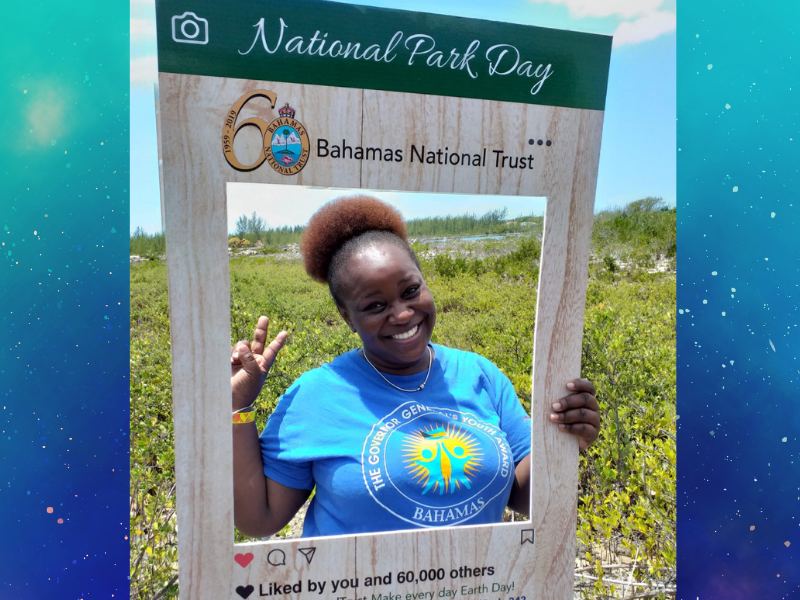
We are EMPOWERING YOUTH to be #WorldReady!
Participating in the GGYA as a Volunteer, Leader or Donor helps us to prepare the young people of the Bahamas to become tomorrow’s leaders!

FAQ
HELPFUL INFORMATION
Click below to get a quick overview of our most frequently asked questions.
WHO CAN JOIN
The Award is available to young people between the ages of 14 and 24.
HOW DO I JOIN
Enrolment or registration in the Award
commences by mutual agreement between
the participant and their Award Leader or
another suitable adult, for instance the
Award Coordinator.
In many countries this agreement is usually
marked by the payment of a fee – details
about any fee arrangements are available
either via the national office if you are
working within a licensed NAO, or via the
Foundation if you are working within an IAC.
The registration process also involves the
issuing of a username and password for an
online database. All IACs use the Online
Record Book (ORB). The database varies
between different NAOs, however more and
more are now using the ORB.
Only activities undertaken after a young
person has been registered can count
towards their Award – the Award Leader
and participant therefore must discuss
and agree the start date to ensure that a
participant has all of their activities and
commitment recognised.
WHAT ARE THE REQUIREMENTS
The Award has four sections designed to provide a balanced programme of personal
development and challenge. These sections are as follows:
Voluntary Service – to learn how to give
useful voluntary service to others in
their community.
Skills – to encourage the development
of personal interests, creativity or
practical skills.
Physical Recreation – to encourage
participation in physical recreation and
improvement of performance.
Adventurous Journey – to encourage a spirit of adventure and discovery whilst planning and undertaking a journey in a group.
There is also an additional requirement to complete a Gold Residential Project in order to
achieve the Gold level. The aim of this section is to broaden experience through living and working with others in a residential setting.
REGISTERED UNITS
NEW PROVDENCE
- Anatol Rodgers High
- Aquinas College
- C. C. Sweeting Sr. High
- C. R. Walker High
- C. V. Bethel High
- C. V. Hart Enhancement Institute
- Government High
- Jordan Prince Williams
- Kingsway Academy
- Leadership Academy
- Lyford Cay International
- Nassau Christian
- Noble Preparatory
- Queen’s College
- R. M Bailey High
- Royan Bahamas Defence Force Rangers
- Royal Bahamas Police Cadets
- St. Augustine’s College
- St. Barnabas Boy’s Brigade
- Temple Christiam High School
- Tambearly School
- University of the Bahamas
- Willimae Pratt School for Girls
GRAND BAHAMA
- Bishop Michael Eldon High
- Eight Mile Rock High
- Jack Hayward Sr
- Lucaya International
- Mary Star of the Sea Catholic
- St. George’s High
- St. Paul’s Methodist
- Sunland Baptist Academy
- Tabernacle Chirstian Academy
ANDROS
- Bahamas Agriculture & Marine Science Institute (BAMSI)
- Huntley P. Christie High
BERRY ISLANDS
- R. N. Gomez Comprehensive School
BIMINI
- Louise McDonald High
ELEUTHERA
- Harbour Island All Age
- North Eleuthera
- Preston H. Albury High
EXUMA
- L. N. Coakley High
- St. Andrews Anglican
INAGUA
- Inagua All Age
LONG ISLAND
- N. G. M. Major High
For more information about the unit at each location, you should contact the unit leader (teacher) at each school or call the Award office at 242-326-1760
HELPFUL INFORMATION
Click below to get a quick overview of our most frequently asked questions.
WHO CAN JOIN
The Award is available to young people between the ages of 14 and 24.
HOW DO I JOIN
Enrolment or registration in the Award
commences by mutual agreement between
the participant and their Award Leader or
another suitable adult, for instance the
Award Coordinator.
In many countries this agreement is usually
marked by the payment of a fee – details
about any fee arrangements are available
either via the national office if you are
working within a licensed NAO, or via the
Foundation if you are working within an IAC.
The registration process also involves the
issuing of a username and password for an
online database. All IACs use the Online
Record Book (ORB). The database varies
between different NAOs, however more and
more are now using the ORB.
Only activities undertaken after a young
person has been registered can count
towards their Award – the Award Leader
and participant therefore must discuss
and agree the start date to ensure that a
participant has all of their activities and
commitment recognised.
WHAT ARE THE REQUIREMENTS
The Award has four sections designed to provide a balanced programme of personal
development and challenge. These sections are as follows:
Voluntary Service – to learn how to give
useful voluntary service to others in
their community.
Skills – to encourage the development
of personal interests, creativity or
practical skills.
Physical Recreation – to encourage
participation in physical recreation and
improvement of performance.
Adventurous Journey – to encourage a spirit of adventure and discovery whilst planning and undertaking a journey in a group.
There is also an additional requirement to complete a Gold Residential Project in order to
achieve the Gold level. The aim of this section is to broaden experience through living and working with others in a residential setting.
REGISTERED UNITS
NEW PROVDENCE
- Anatol Rodgers High
- Aquinas College
- C. C. Sweeting Sr. High
- C. R. Walker High
- C. V. Bethel High
- C. V. Hart Enhancement Institute
- Government High
- Jordan Prince Williams
- Kingsway Academy
- Leadership Academy
- Lyford Cay International
- Nassau Christian
- Noble Preparatory
- Queen’s College
- R. M Bailey High
- Royan Bahamas Defence Force Rangers
- Royal Bahamas Police Cadets
- St. Augustine’s College
- St. Barnabas Boy’s Brigade
- Temple Christiam High School
- Tambearly School
- University of the Bahamas
- Willimae Pratt School for Girls
GRAND BAHAMA
- Bishop Michael Eldon High
- Eight Mile Rock High
- Jack Hayward Sr
- Lucaya International
- Mary Star of the Sea Catholic
- St. George’s High
- St. Paul’s Methodist
- Sunland Baptist Academy
- Tabernacle Chirstian Academy
ANDROS
- Bahamas Agriculture & Marine Science Institute (BAMSI)
- Huntley P. Christie High
BERRY ISLANDS
- R. N. Gomez Comprehensive School
BIMINI
- Louise McDonald High
ELEUTHERA
- Harbour Island All Age
- North Eleuthera
- Preston H. Albury High
EXUMA
- L. N. Coakley High
- St. Andrews Anglican
INAGUA
- Inagua All Age
LONG ISLAND
- N. G. M. Major High
For more information about the unit at each location, you should contact the unit leader (teacher) at each school or call the Award office at 242-326-1760
